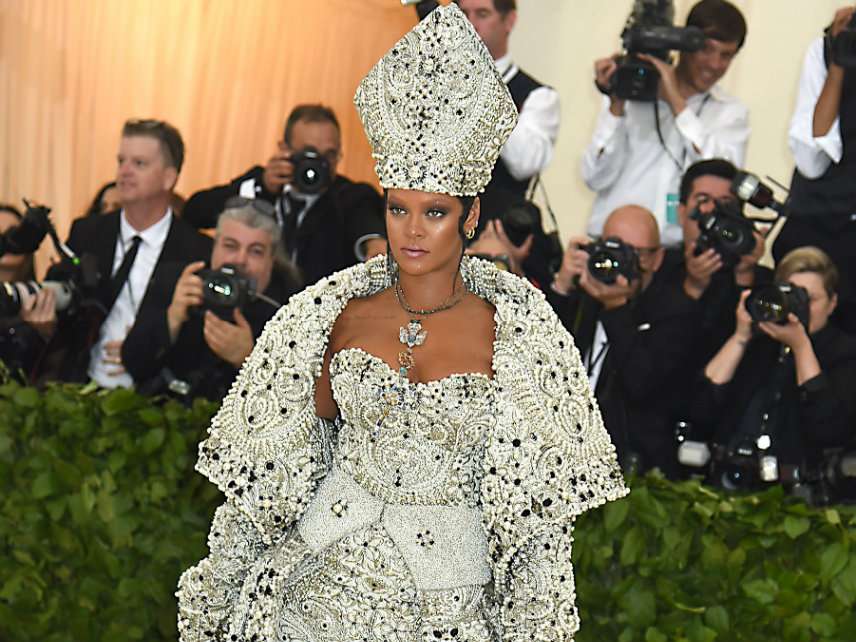Where Have All the Protestants Gone? Poll Shows Dramatic Drop in U.S. Christians: Reason Roundup
Plus: Pregnancy center and union fee cases both hinge on "right to stay silent," and states start to redefine "independent contractor."

Catholics hold steady and the non-religious rise in a 15-year survey of American faith. Just 15 years ago, fully half of the country identified as Protestants. But since 2003, the percentage of Protestant-identifying Americans—Baptists, Methodists, Pentecostals, Presbyterians, Episcopalians, Lutherans, and so on—has plummeted to just 36 percent. While Protestants still make up the biggest share of religious Americans, their numbers have dropped dramatically in the 21st century.
"Evangelical white Protestants are of particular interest in political terms, since they're a core group within the Republican coalition; 80 percent supported Donald Trump in 2016," points out ABC News, which conducted the poll in conjunction with The Washington Post (talking to nearly 175,000 Americans from 2003 to 2017).
Evangelical white Protestants' share of the total adult population has gone from 21 percent in 2003 to 13 percent last year. Non-evangelical white Protestants have gone from 17 to 11 percent.
The decline in members can be seen across most of the major Protestant denominations.
So where are the former Protestants (and offspring of Protestants) going? Other Christian faiths certainly aren't picking up the slack: The overall percentage of Christians in this country declined from 83 percent in 2003 to 72 percent in 2017.
The one group that really grew during this period? The non-religious. More than a fifth of those surveyed (21 percent) said they do not identify with any religion—a near doubling of the percentage who said so in 2003. Three percent identified as atheist, three percent as agnostic, and 15 percent as simply having no religion.
Waning religiosity can be seen among older Americans, Republicans, conservatives, whites, Hispanics, and blacks, but was most pronounced among young adults and political liberals, both of which saw 16 point spikes in the religiously unaffiliated. Thirty-five percent of 18- to 29-year-olds last year fell into this group, and a full quarter of U.S. men. For women, it was 17 percent.
Non-religious Americans now nearly match the percentage who identify as Catholic, which held steady at 22 percent over the past 15 years. While a largely Catholic Hispanic immigrant population has helped this, the share of non-Hispanic white Catholics in the U.S. held relatively steady too, falling just two percentage points since 2003.
Several faiths did see modest increases in identification:
- The percentage identifying with the "Other" Christian category—which includes Jehovah Witnesses, Mormons, Greek and Russian Orthodox Christians, etc.—rose from 11 percent in 2003 to 14 percent in 2017.
- The number identifying with a non-Christian religion rose from 4 to 5 percent.
FREE MINDS
Right to stay silent comes before SCOTUS. The First Amendment doesn't just protect Americans' right to speak. It protects our right "to avoid becoming a 'mobile billboard' for the State's ideological message," as the Supreme Court wrote in Wooley v. Maynard. That 1975 case involved a Jehovah's Witness believer covering up the "or die" part of New Hampshire's "Live Free or Die" licence plate, a move for which he was subsequently jailed.
This is pertinent because "the Supreme Court will decide two right-to-silence cases this term," Wayne State University law professor Robert Sedler writes at The Conversation:
The first case that will return this issue to the Supreme Court's scrutiny in 2018 is National Institute of Family and Life Advocates v. Becerra. It involves religiously based "crisis pregnancy centers" in California that try to discourage women from seeking an abortion. New legislation requires those centers to post notices about other women's health services available in the state, including abortions….
The second right-to-silence case before the Supreme Court this term, Janus v. American Federation of State and County Municipal Employees, tests the related guarantee that people cannot be forced to be associated with an idea they do not hold.
Forty years ago, the court ruled that a union can require non-members to pay an "agency fee" for their representation by the union. The union may not use any part of the agency fee to advance ideological purposes unrelated to the union's primary function of collective bargaining. Now, with Janus v. AFSCME, non-union public employees contend that the required agency fee violates their First Amendment rights because it is not possible to separate bargaining collectively from advancing ideological purposes.
FREE MARKETS
Newspaper deliverer not an employee, says Massachusetts Supreme Court. A shift to classifying more independent contractors as employees could be spreading from California to Massachusetts. Following an April California Supreme Court ruling redefining independent contractor, Massachusetts went in the other direction, finding that a newspaper delivery woman had been rightfully classified as an independent contractor (and thus not eligible for workers' compensation following a delivery injury) under current Massachusetts law. But the court's Chief Justice and two other justices also called the current laws confusing, and said reforming the state's independent contractor statute is a "pressing" matter the legislature should soon address.
QUICK HITS
- "Cohen's racket, it seems to me, isn't selling policy to the highest bidder," writes Tim Carney. "It's ripping off gullible companies who thought he could be a MAGA rainmaker."
- "All the world is his court and all the men and women in it merely jurors": Michael Avenatti's "rules for radicals."
- In case you're feeling masochistic, The New York Times offers "45 stories of sex and consent on campus."
- Inside the top-secret Russian plot to…support American police officers?
- Michelle Goldberg on how she was "red-pilled" by a stroll through the West Bank.
- A Texas man was sentenced to more than six years in prison for driving a woman to a hotel room (thanks, Mann Act!).
- London will ban fast-food advertisements on subways.
- We're living in the most depressing timeline, says science.


Show Comments (271)